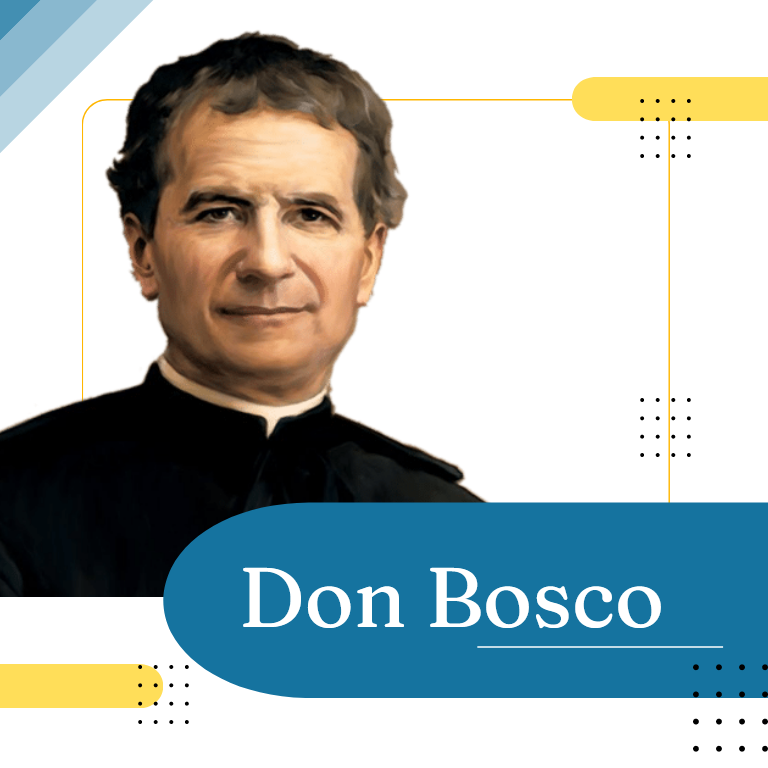
Don Bosco Pedagogy
 The pedagogy of don bosco, also known as the Silesian preventive system, is a holistic approach to education developed by Saint JohnBosco, an Italian catholic priest and educator, in the 19th century. The system is based on three key principles. Reason, faith, and loving kindness.
The pedagogy of don bosco, also known as the Silesian preventive system, is a holistic approach to education developed by Saint JohnBosco, an Italian catholic priest and educator, in the 19th century. The system is based on three key principles. Reason, faith, and loving kindness.
REASON: Don Bosco believed that education should be based on reason, not punishment. He encouraged teachers to build relationships with their students and understand their needs and interests. He believed that by using reason, teachers could help their students develop critical thinking skills and make good decision. He also emphasized the importance of experiential learning and encouraged teachers to use hands-on activities and practical projects to engage students.
FAITH: Don Bosco's faith was a deeply integrated part of his identity, and he believed that education should not only focus on intellectual development but also on spiritual and moral development. he believed that students should be taught to love god and their fellow human beings, and that they should be encouraged to live a life of service and dedication to others.
LOVING-KINDNESS: Don bosco believed in the importance of creating a worm and supportive learning environment, where students feel loved, respected, and valued. he believed in building positive relationships with students based on mutual trust and affection, and in fostering a sense of community and belonging.
Overall, don bosco's approach to teaching, highlights the significance of fostering a constructive bond between educators and learners, utilizing reason to involve students in their own education, and establishing a nurturing and considerate atmosphere in the classroom. His approach has been influential in the development of modern educational theory and practice.
